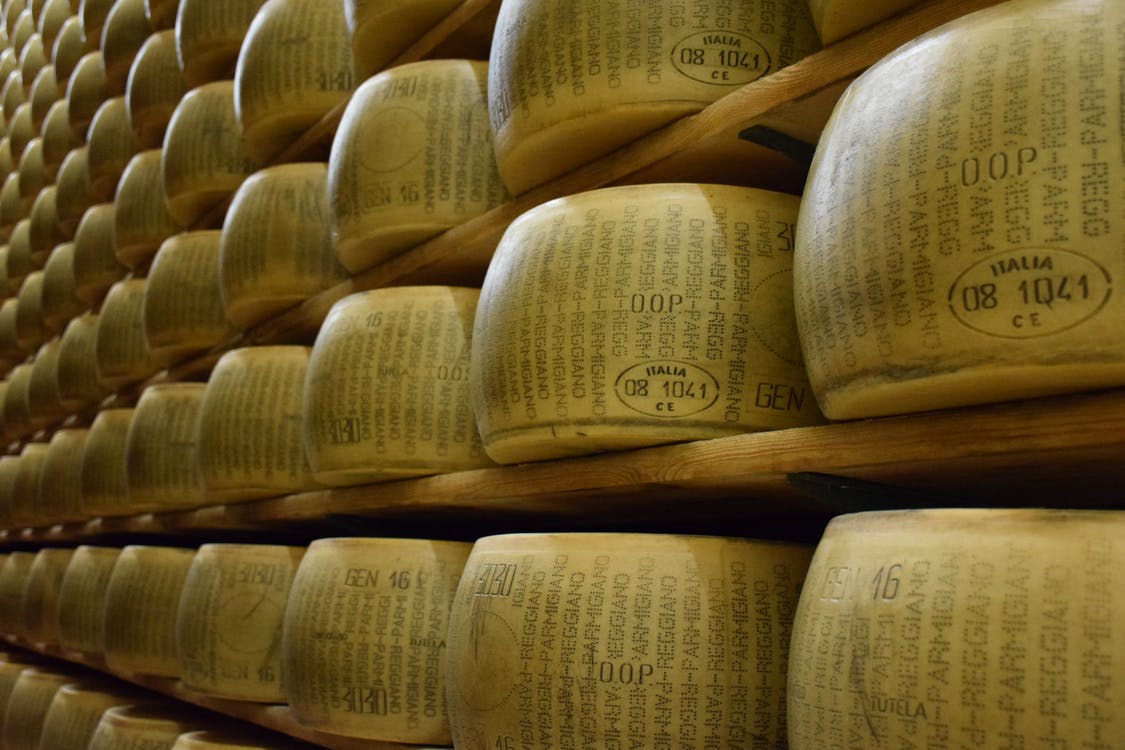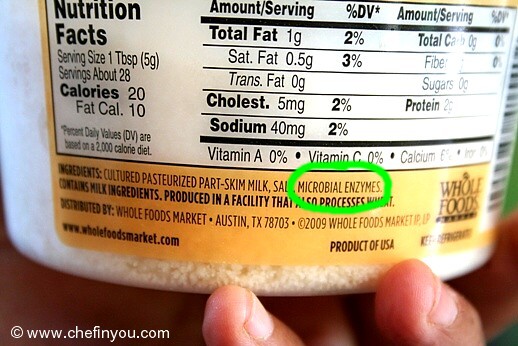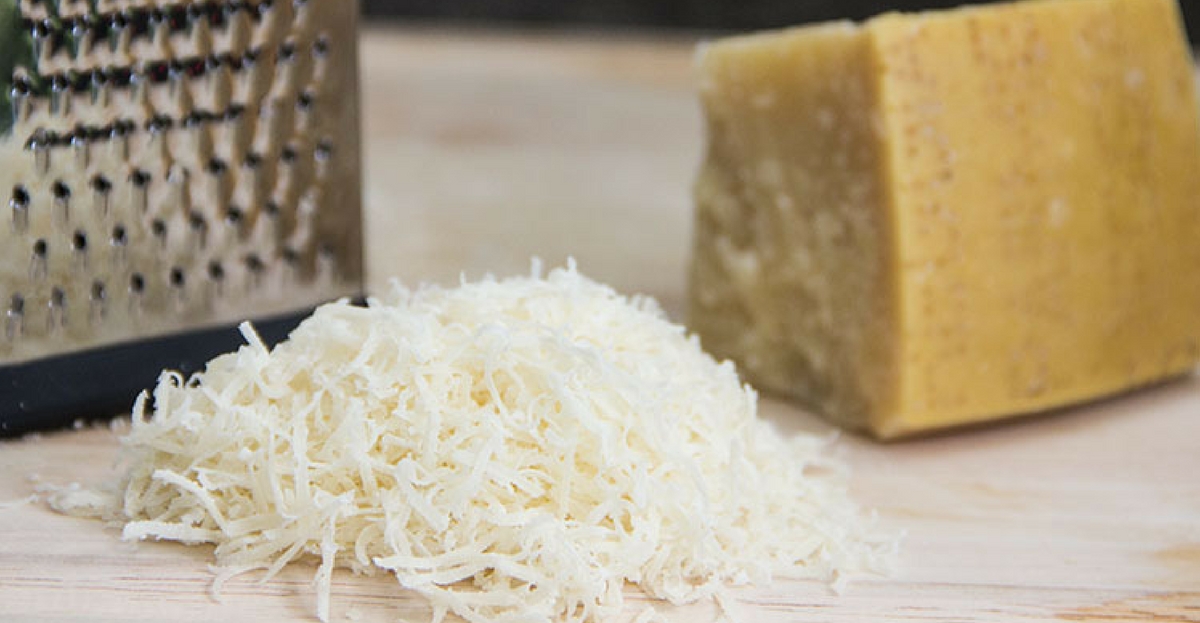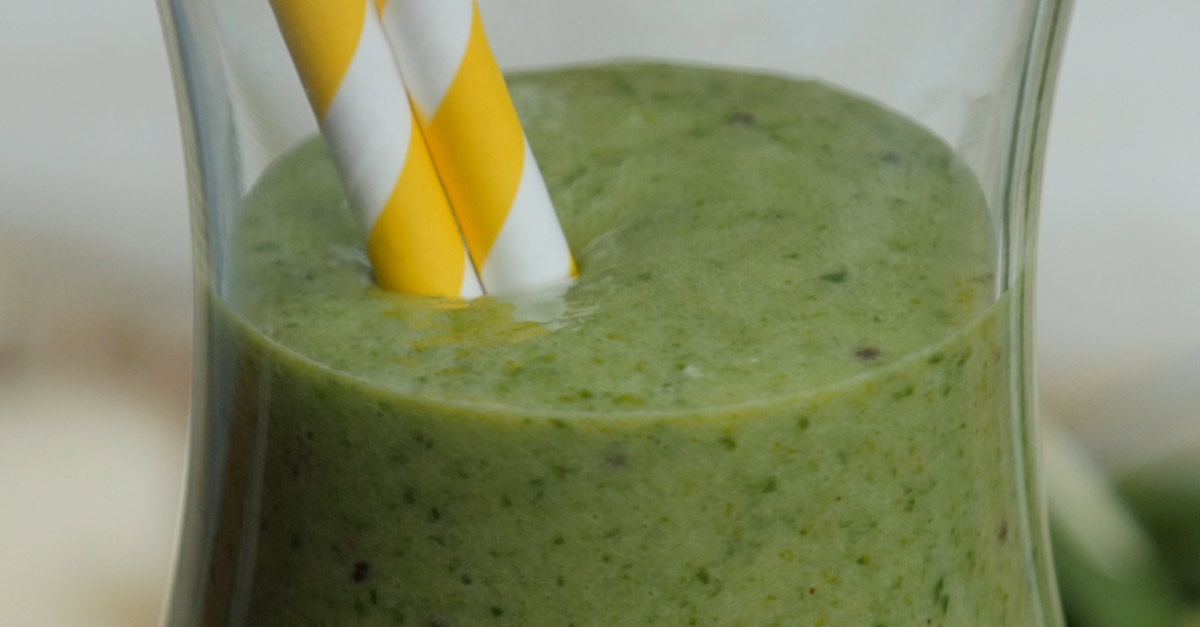Everything we all thought we knew about Parmesan cheese is actually a lie.
The delicious nutty-flavored Italian cuisine accompaniment has been a staple in pantries across the globe and it's almost impossible to imagine pasta without the sharp cheese as a topping. So it only made sense for people to be worked up after some interesting information about Parmesan started making rounds online.
It's been recently reported by multiple sources that there's an ingredient in the versatile cheese that could change the way some people eat it. This fact may come as a shock to you but it isn't really a deep-dark secret that manufacturers were trying to keep from the public.

Apparently, Parmigiano-Reggiano cheese is not vegetarian.
Among the three ingredients used to make Parmesan cheese is rennet, an active enzyme (chymosin) that is found in the lining of a calf's stomach. This agent is important for the curdling process in cheesemaking. Since Parmigiano-Reggiano holds a Protected Designation of Origin status, the traditional recipe cannot be altered and the rennet has to be included.
Click on the next page to find out why rennet makes Parmesan cheese not suitable for vegetarians.
Unfortunately, the methods by which rennet is sourced, makes the cheese non-vegetarian.
"Rennet can be sourced from the abomasum (fourth stomach) of newly-born calves where the chymosin aids digestion and absorption of milk," explains the Vegetarian Society. "Adult cows do not have this enzyme."
To add even more salt to the wound, it's important to note that Parmesan isn't the only cheese that used animal rennet. Gorgonzola, Gruyere, Camembert and Pecorino Romano are just a few of the many dairy product that calls for the enzyme in its recipe.

Thankfully, there are plenty of alternatives to these cheeses that vegetarians can enjoy including cottage cheese, cream cheese and ricotta. Since rennet can also be obtained from vegetables and yeast, there are other soft cheeses that are pass the vegetarian requirements.
If you're concerned about picking up the wrong cheese, just keep an eye out for labels that list "enzymes" as one of the ingredients. Make sure the source of the enzyme is clearly specified.
Did you know this fact about Parmesan cheese? Tell us what you think in the comments!

